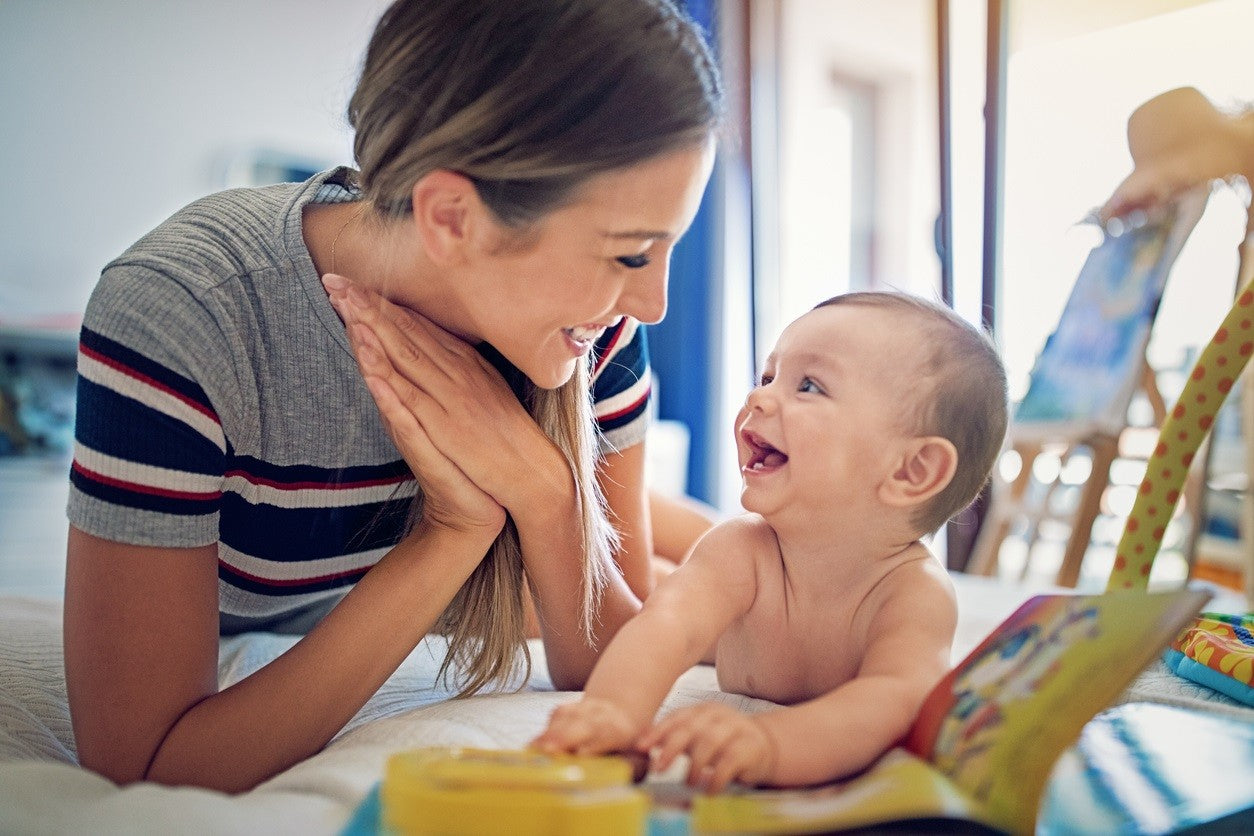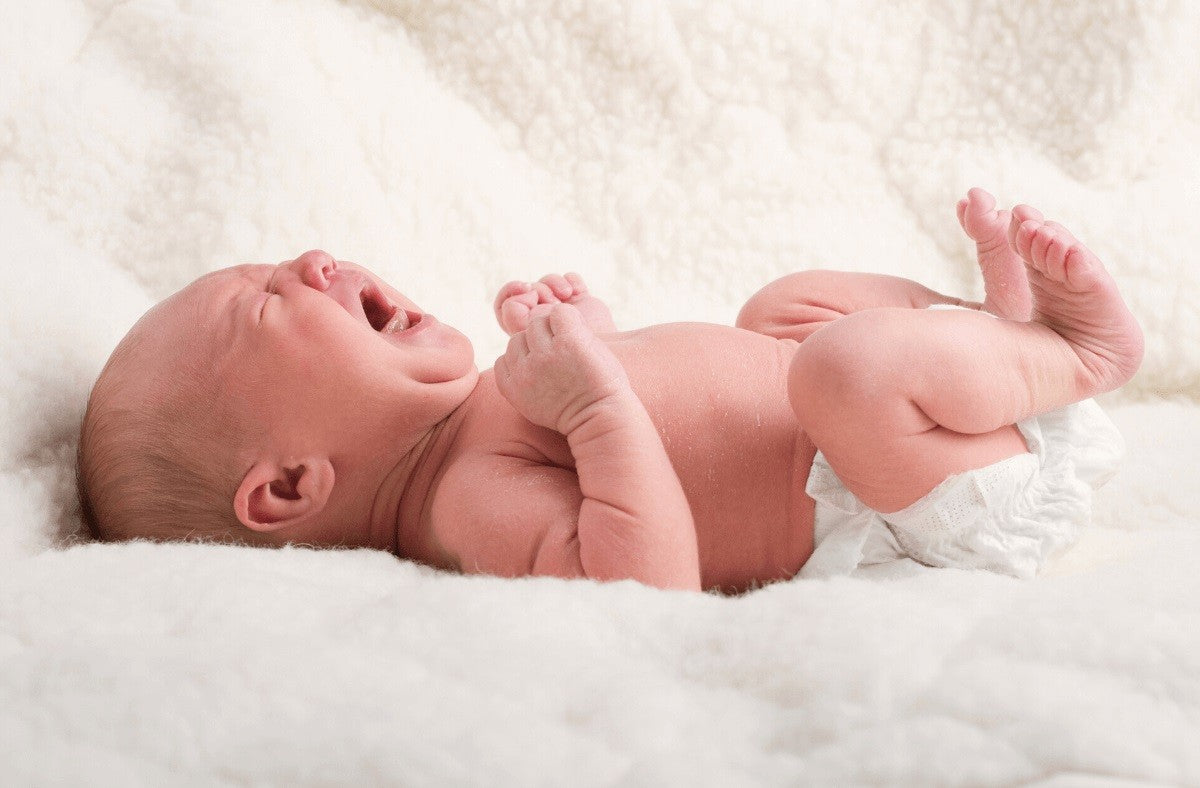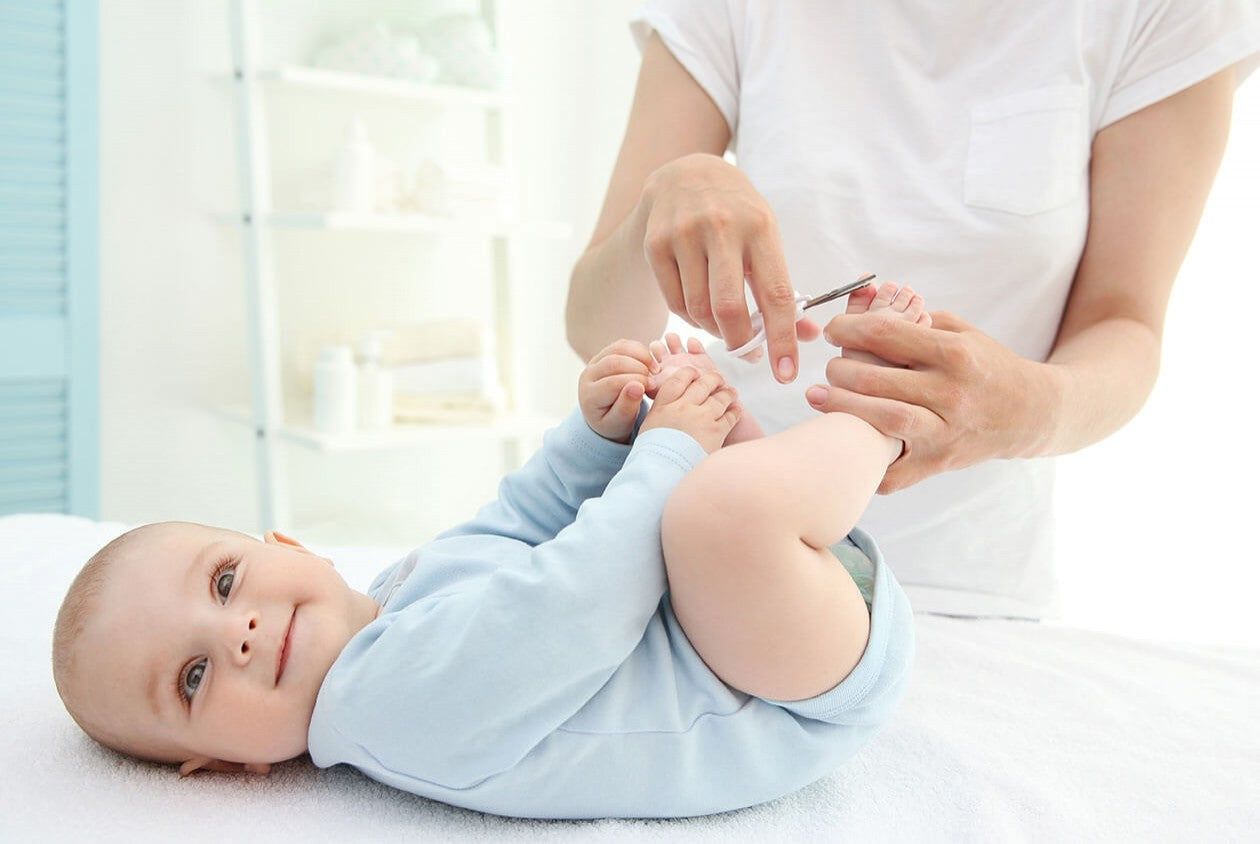Baby talk: the "little voices" of the mother to her baby.
Baby talk is that form of language that, unknowingly, we use towards infants. Let's find out how it works and until when it should be used.
Communication, the ability to speak and listen, are characteristic traits of the human being. For this reason, the need to communicate with children from an early age is particularly felt. This process is called baby talk.
Children's language and the way adults communicate with them is very important, and it goes deeper than you might think.
What is baby talk?
Let's start with a definition of the expression "baby talk", that is
The way of addressing young children by adults who take care of them and, often, by other children starting from three years of age.
This term therefore indicates all those expressions and ways of doing that parents usually use when they express themselves with their children.
Baby talk can manifest itself with repetitions, onomatopoeic expressions and the use of simple words that can be easily reproduced by the child (jelly, poop, lullaby, etc.) and diminutives.
But even with an exaggerated intonation of the voice, prolonged pauses between one word and another or a greater hyphenation of longer terms.
We can therefore say that baby talk is the form of language that is normally, almost instinctively, used with children. At this point it is legitimate to ask if it is really effective and useful for communicating with the child. As well as until when it should be used and if there are any precautions to follow.
Baby talk and language development.
The first aspect to underline is that linked to the interaction that exists between the mother and the child. Several studies have confirmed how the baby perceives the sound of the mother's voice, as we have already seen when talking about listening to music during pregnancy.
A profound bond that is born within the womb and that continues in a unique, particular and privileged way even over the years.
The importance of communication with the baby from the first months of life is fundamental. This is confirmed by the Cultural Association of Pediatricians (ACP), which invites you to have a "sound dialogue" with your child: the way in which a mother talks to her child, made up of high and low tones of voice, with pauses at times long and short is the way to really get in tune with your baby. This exchange of sounds and emotions is able to stimulate the development of his brain, even what happens with baby talk.
The child's language development depends not only on understanding the meaning of individual words, but also on the tone in which they are repeated. This is also why smiles, patience and the willingness to listen to what the child says are essential.
In the first three months of life, babies almost exclusively perceive sounds, but record the different tones. From the fourth to the seventh month they realize the impact of their language and emulate the intonation of their parents. From the eighth month up to the first year, children learn to say their first words and it is possible to establish a real communication.
The baby talk, therefore, is useful in the first year of life, but there are no fixed rules, as the growth of each child is unique. Any delays in language must be contextualized and analyzed correctly, avoiding worrying if your child, unlike other peers, does not already say the first words.
There are precocious children and others less so: there are many factors that affect the development of the child's language. Factors to be taken into account but to be analyzed with the help of your pediatrician to correctly understand if there are problems or not.
Baby talk: useful tips
As we have seen, the benefits of using baby talk are many and proven. This particular form of language also allows parents to start establishing contact with their children, understanding what their needs are.
He begins to read aloud holding him in his arms and turning the pages of the book with him until he himself, around 9-10 months, turns them.
The child's language development does not have to be didactic, but done naturally and with fun.
The first words your baby hears are special, not for the meaning, but for the affectivity and rhythm they convey. The important thing is to have fun doing it because the spring that triggers the desire to learn is based on emotions and pleasure.
In conclusion, the baby talk is useful and preparatory for the child to learn the language and develop it correctly. Its use must be partial and aimed at the acquisition of a better and autonomous communication by the child. For baby talk to work, therefore, within a year it should no longer be used by parents.
Dear mothers, after reading our article we recommend that you visit our Luxurykids website where you will find a wide range of items for your child.






Leave a comment